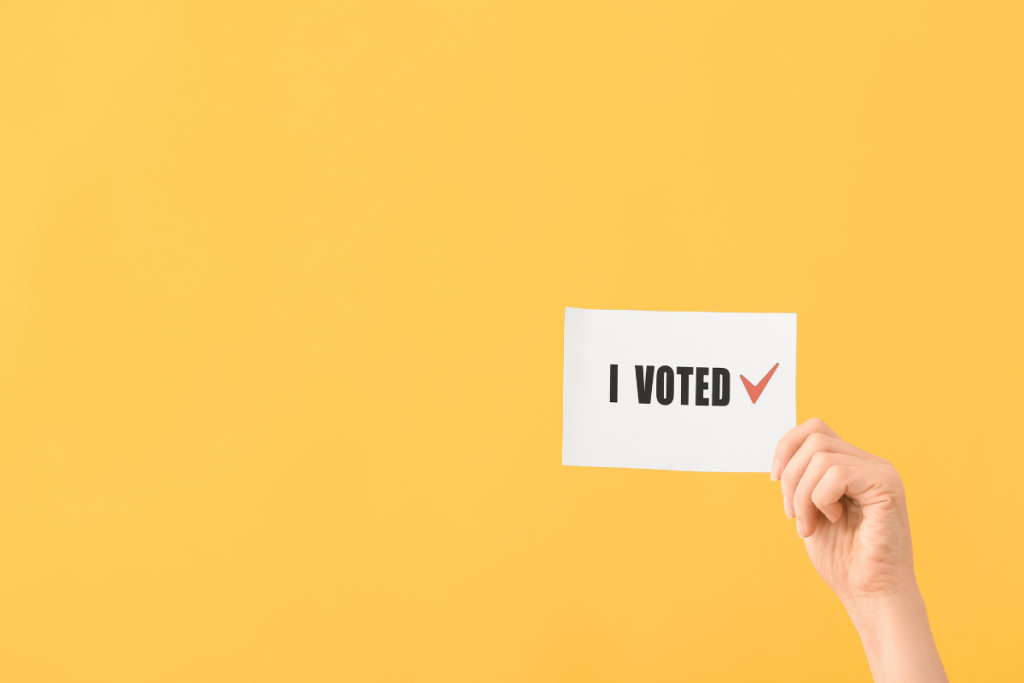According to many political leaders the answer to this question is a resounding ‘no’. The reason for this widely held belief is that young people have often been disengaged from politics because we feel the power to make change is simply out of our hands. This has led to decades of decision making where our voices haven’t been heard, despite the massive impact political policies can have on our day-to-day lives. Clearly, we need to rethink how we take part in our democratic process.
This lack of involvement in political discussions has generally benefited politicians as they have been able to make decisions on our behalf that suit their interests, but often go against our own. This has been seen in decisions surrounding university and accommodation fees during the Covid-19 pandemic, which many students have contested across social media. Despite our input, little has been done to acknowledge our viewpoints due to our perceived lack of political power.
So, can we reverse this and, if so, how?
Firstly, we need to continue vocalising our opinions to assert our passion and commitment to political issues, especially the ones that affect us most. One of the most recognised examples of this has been the #Fridays4Future movement, started by 18-year-old activist Greta Thunberg, which has mobilised millions of young people globally to protest government inaction on climate change. This has gained world-wide media attention and has successfully pressured governments to update their environmental policies. This highlights that, when we work together, our collective power as young people has the potential to generate real political change.
This outcome is also seen in the work of Reclaim, an organisation that Studenteer have recently partnered with, who enable young people from working class backgrounds to lead campaigns within their local area. This shows us that we can use our voices to influence political decisions both in our local and wider communities. Therefore, young people have and continue to demonstrate our dedication to the issues we care about through powerful, collective action.

But if these examples and their accomplishments confirm that we are influential in creating change, why are young people still perceived as a politically indifferent and powerless group?
One key issue is that while we often campaign and demonstrate for the change we want to see, we rarely take formal action within our democratic system. This was seen in the last general election where only 47% of 18–24-year-olds voted, compared to 74% of over 65s. Consequently, political leaders discount our views in decision-making as they feel their policies should reflect the beliefs of those who elected them. This limits our ability to impact politics because those with the most power largely neglect young people and so exclude us from fully accessing our political systems.
However, now that we understand what is preventing us from making effective change, we can work against it.
For example, here at Studenteer, we’re partnering with Youth Vote UK and Politika. These organisations aim to engage more young people in politics by inspiring us to vote and also act as a platform for young people to campaign for political office by helping to promote their message.

The impact of organisations like these are already starting to take effect with more young people than ever before planning to vote and run in the upcoming local elections. This action, combined with our shared awareness of key issues, may finally change perceptions following young people by establishing us as serious political actors that our politicians can no longer ignore.
Consequently, if we work together to fully utilise our democratic systems, we will be able to not just make, but lead change within our society.
For more information, please visit:
https://www.theyouthvoteuk.com
Also, to register to vote you can visit:
https://www.gov.uk/register-to-vote
It takes just five minutes and could make a huge difference!
By Sophie Glickman for Studenteer
© All Rights Reserved, Studenteer 2021

